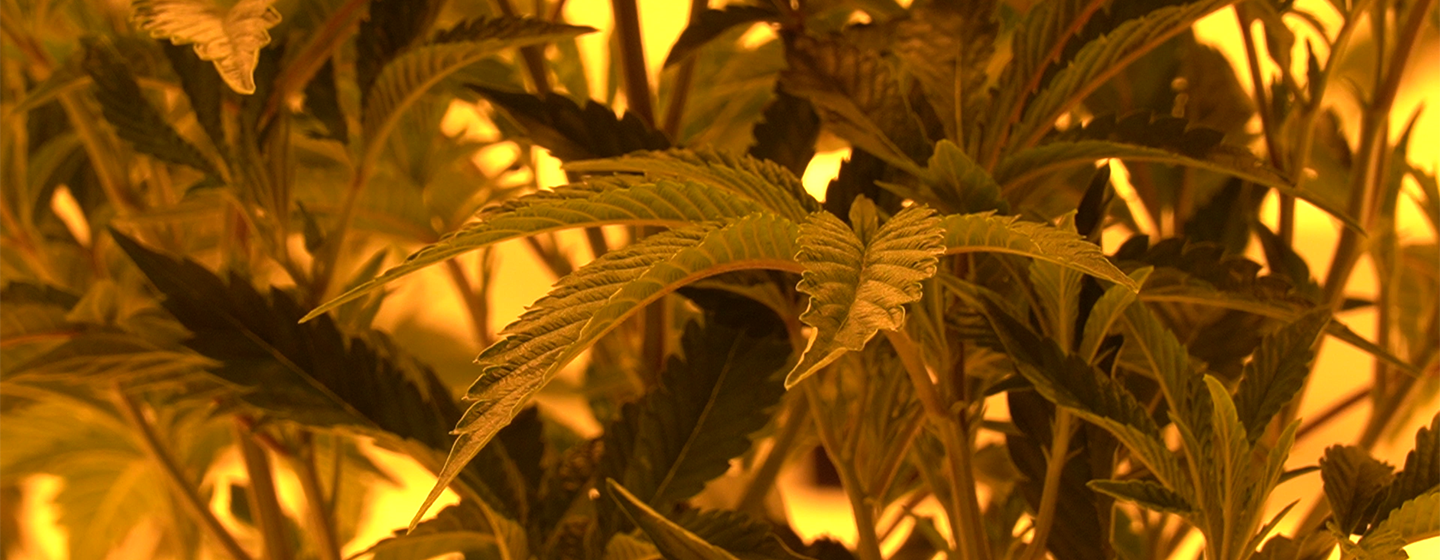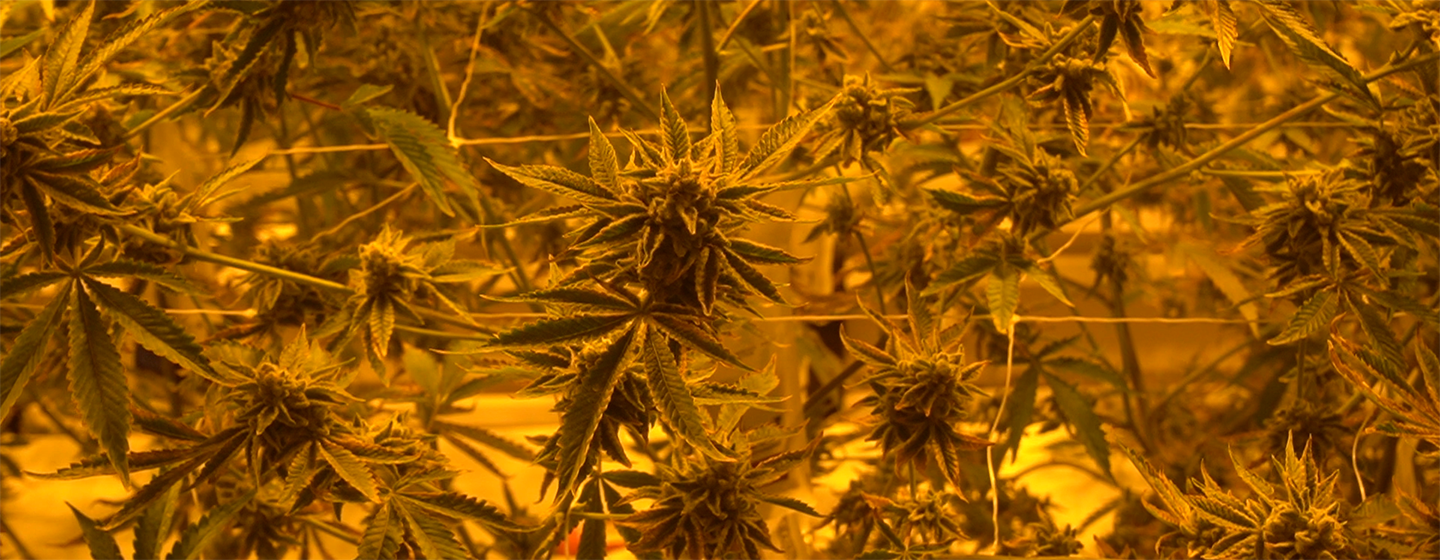Cuomo Signs Bill to Legalize Marijuana for Adult, Recreational Use in NY

Marijuana Legalization in New York State
New York will legalize marijuana for adult, recreational use and expand the state’s medical program, after Gov. Andrew Cuomo signed a bill Wednesday to end the state’s prohibition of the drug.
Democrats in both the State Senate and Assembly had approved the bill Tuesday evening, voting into the night on the measure. Republicans and a handful of Democrats were opposed to the bill in both chambers.
"This is a historic day in New York - one that rights the wrongs of the past by putting an end to harsh prison sentences, embraces an industry that will grow the Empire State's economy, and prioritizes marginalized communities so those that have suffered the most will be the first to reap the benefits," Cuomo said.
Retail sales of marijuana in New York won’t begin until next year at the earliest, but the new legislation paves the way for the budding new industry to hit the ground running.
Sen. Liz Krueger, a Democrat from Manhattan, has sponsored the bill for the last seven years, and led the debate on the floor of the Senate for several hours into Tuesday evening.
“This bill has been percolating and morphing into a bigger, and changed, and I believe better bill for more than seven years,” Krueger said. “The fact is, we had hearings, we took meetings — endless meetings with anyone who asked us.”
The new law will tax and regulate the drug, which is currently only available in New York through the illicit market. But New Yorkers have been known to cross the border to neighboring Massachusetts to get their fix.
Under the new law, the state will set up a new panel of individuals appointed by Cuomo and the state Legislature to license and regulate cannabis growers, distributors, and retailers.
Half of those licenses will be set aside for social and economic equity applicants, and distressed farmers. Social and economic equity applicants would essentially be individuals from communities disproportionately impacted by prohibition.
Medical marijuana companies will also be allowed to enter the recreational market under the law. Industry representatives have said that could be a huge boost in getting the recreational side of things up and running.
“It's also going to help us preserve the jobs and revenue that we're already generating for the state of New York,” said Nigiste Abebe, president of the New York Medical Cannabis Industry Association, and director of public policy at Columbia Care, a medical company.
New York will also scrap its list of conditions that currently make someone eligible for medical marijuana. Instead, doctors will be allowed to prescribe the drug for any condition, as long as cannabis products are expected to help the patient.
Medical marijuana patients will still have to pay a tax of 7% on the product, according to the legislation.
That’s lower than what consumers will pay on the retail end. New York will allow a tax rate of 13% on retail marijuana sales, with most of that revenue going to the state. The remainder will be split between counties and local governments.
Of the total revenue collected by the state, 40% will be set aside to fund social and economic equity programs in communities disproportionately affected by the prohibition of cannabis.
Assembly Majority Leader Crystal Peoples-Stokes, a Democrat from Buffalo who sponsored the bill, said the state’s targeted enforcement of its marijuana laws has been costly and unfair to certain communities, namely those of color.
“When we talk about increasing the cost, we can’t even afford to keep doing what we’re doing and ruining people’s lives,” Peoples-Stokes said. “This is a chance to rectify that.”
Individuals will also be allowed to grow cannabis plants at home, with a cap of six. Three of those plants have to be at an immature stage, meaning they’re not ready to be harvested.
Regardless of where individuals get their cannabis products, the new law will allow up to five pounds of marijuana to be stored at home at any given time, as long as it's kept away from children. Three ounces are allowed anywhere outside the home.
If someone’s found with more marijuana than what’s allowed, they could be charged with either a misdemeanor or a low-level felony depending on the amount.
But there will be no additional criminal penalties for driving while impaired by marijuana. Driving while impaired by drugs is already a crime, but opponents of legalization have voiced concerns over the inability to detect when someone’s driving while intoxicated by the drug.
There’s currently no easy or inexpensive way to rapidly test when someone’s used marijuana. Opponents of the legislation, like Sen. Phil Boyle, a Republican from Long Island, said that’s cause for concern.
“I believe today we’re making a huge mistake,” Boyle said. “We have a situation where we’re going to have people going to work stoned and resulting accidents are going to cost a tremendous number of injuries.”
Lawmakers have opted to arrange a study with an accredited college or university to examine how members of law enforcement can best detect when someone’s driving while impaired by the drug. The new law doesn’t specify which institution will be involved.
In the meantime, lawmakers said they will provide funding for more members of law enforcement to be trained to detect when someone’s impaired by drugs, including marijuana.
Related

New York Set to Legalize Marijuana for Adult, Recreational Use After Cuomo, Lawmakers Strike Deal
The agreement is the result of years of negotiations between Gov. Andrew Cuomo and the state Legislature in New York, which will become the 16th state to approve legalization.
James Parrot shares new research on the economic impact of marijuana legalization.
Marijuana could be legalized next year & chances of that happening are higher than ever.
Can craft cannabis compete with Big Marijuana?


